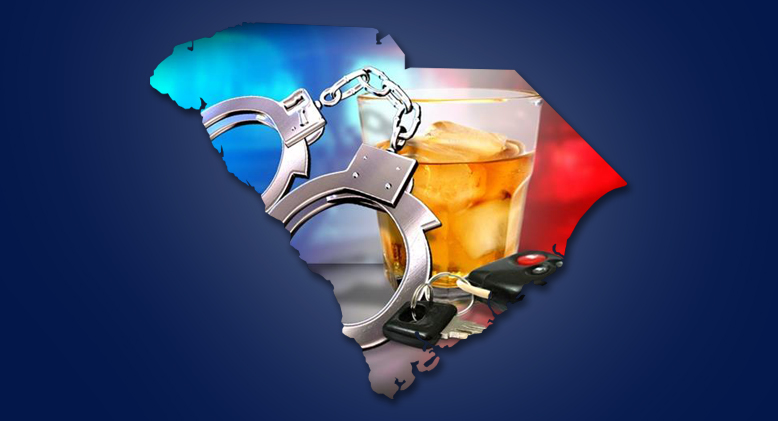If you have been charged with DUI in South Carolina
If you have been charged with a DUI in South Carolina, it can be a stressful time in which you need to stay calm and remember all of the important details. There are two aspects to working through a DUI charge which include an administrative suspension process and the actual criminal proceedings.
The administrative suspension process involves your driving privilege being suspended with the South Carolina DMV. The time duration of your driving suspension time may require the need for SR-22 vehicle insurance, or you may be able to obtain a temporary and limited driving license to use while your case is being processed.
The criminal proceedings of a DUI charge involves the Solicitor bringing the charges against you. Being officially charged with a DUI can affect your criminal record forever.
If you have been charged with driving under the influence (DUI), or allegedly had been operating a motor vehicle while impaired by alcohol, drugs, or another controlled substance – the penalties can vary. If you have prior DUI offenses over the past 10 years, they will affect the penalty you receive. The blood-alcohol concentration (BAC) at the time of your arrest, or the results of your blood test, can also be used to determine the penalty. South Carolina law outlines the prospective fines, license suspension period, and the potential jail time. The legal BAC limits vary also. The BAC limit for drivers under 21 years old is 0.02%, for drivers that are 21 or older it is 0.08%, and for commercial motor vehicle drivers the limit is 0.04%.
Keep and review the important information on the ticket the police officer gave to you, as well as any other paperwork you were provided with. If you are offered any type of deal towards pleading guilty to Driving With an Unlawful Alcohol Concentration (DUAC), ask to consult with your attorney prior to making a decision. At the bottom of your Bail Proceeding Form, it may indicate whether you need to appear in General Sessions Court, Municipal/Magistrate Court, or both. On the second page of your Bail Proceeding Form, review the special conditions of release for information. One rule is that you will be unable to leave the state until your case and any related fines or other requirements are fully completed. The documents can also indicate whether you have any other charges pending. Keep all paperwork and review it with your attorney.
The State Law Enforcement Division (SLED) will keep a record of your arrest since you have been booked and fingerprinted. It does not mean you have already been convicted. On the ticket copy you have, look for the boxes labeled for the date and the time of trial for your first court date – as well as for the location. You will see an area that shows your recorded BAC, or a notation that you had refused the test.
If you were offered a breath or blood test and you refused, your license will be suspended for six months. Your refusal can be used against you to help prove that you were driving under the influence, because South Carolina law says any person driving in the state agrees to have their blood alcohol level measured. This is referred to as Implied Consent. The law also states that you must enroll in the Alcohol and Drug Safety Action Program (ADSAP). You could challenge the suspension by requesting an Implied Consent Hearing within 30 days of your arrest. If you did take the test, and your BAC was 0.15% or greater, your license is immediately suspended and you will have to enroll in ADSAP.
While you await the date of your hearing, you may obtain a Temporary Alcohol License, but not until the DMV has received the notice that your hearing was requested – which may take 2 to 7 days. Do not drive on a suspended license. If you are found driving with a suspended license it can reflect negatively on your chances of resolving or lowering your DUI charge. You do not need any special insurance at this time as SR-22 will only be required if you are convicted of DUI or DUAC.
If your vehicle was impounded, you will want to obtain your car as soon as you can to lessen the fees – since impound rates are charged by the day. Contact the impound lot to request what is needed from you, and ask two friends or family members to help you get your car – as you are not to be driving yourself.
The administrative and other legal procedures involved with a DUI charge need to be carefully navigated. Consult with an experienced DUI attorney who can walk you through the process and answer all of your questions. The Gibbs Law Firm can help you to understand your available options and organize the information needed for your situation.


